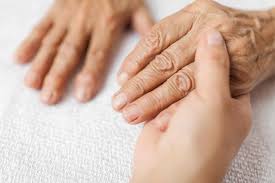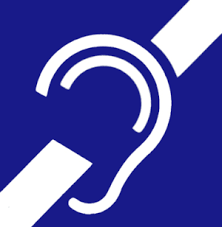Noting from studies how easily AI-powered chatbots can be manipulated to craft convincing phishing emails.
Connected care in the home has the potential to address both the preferences of older adults and the societal imperative to care for a rapidly growing aging population
A practical guide to understanding autonomous AI agents, why they matter for healthcare governance, and what to do about them.
The growing ecosystem of devices and products serving peoples’ health and well-being shows us that innovators already see the opportunity to serve the fast-growing market for self-care among people 50 years of age and up.
For nearly twenty years, one thing has felt inevitable: when boomers reach “old age,” senior living demand will surge. And yet ..

 The Early Stage Of Dementia. In the early stages, families will worry. A family member may say or forget things that make them wonder if it’s dementia or just a normal part of aging. They should consider persuading their loved one to get an evaluation from a professional. If their loved one is hesitant, a
The Early Stage Of Dementia. In the early stages, families will worry. A family member may say or forget things that make them wonder if it’s dementia or just a normal part of aging. They should consider persuading their loved one to get an evaluation from a professional. If their loved one is hesitant, a  Today or soon you will launch a boomer/senior, home health tech product or service, or maybe a caregiver advisory service. As your company gets ready to travel into battle or a booth with the sound of
Today or soon you will launch a boomer/senior, home health tech product or service, or maybe a caregiver advisory service. As your company gets ready to travel into battle or a booth with the sound of In 2020, focus sharpens on technology market categories of aging and caregiving. AARP
In 2020, focus sharpens on technology market categories of aging and caregiving. AARP  The hearing loss statistics are daunting. The number is sizable –
The hearing loss statistics are daunting. The number is sizable –